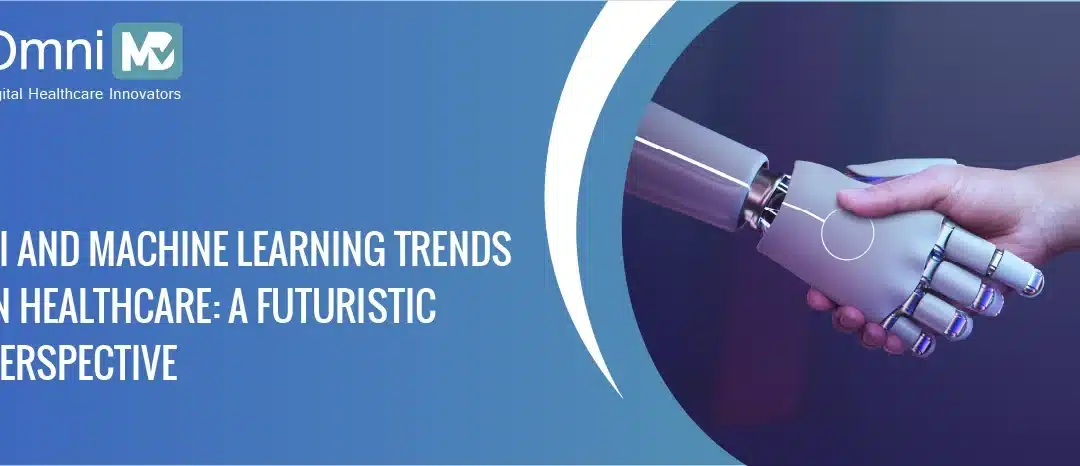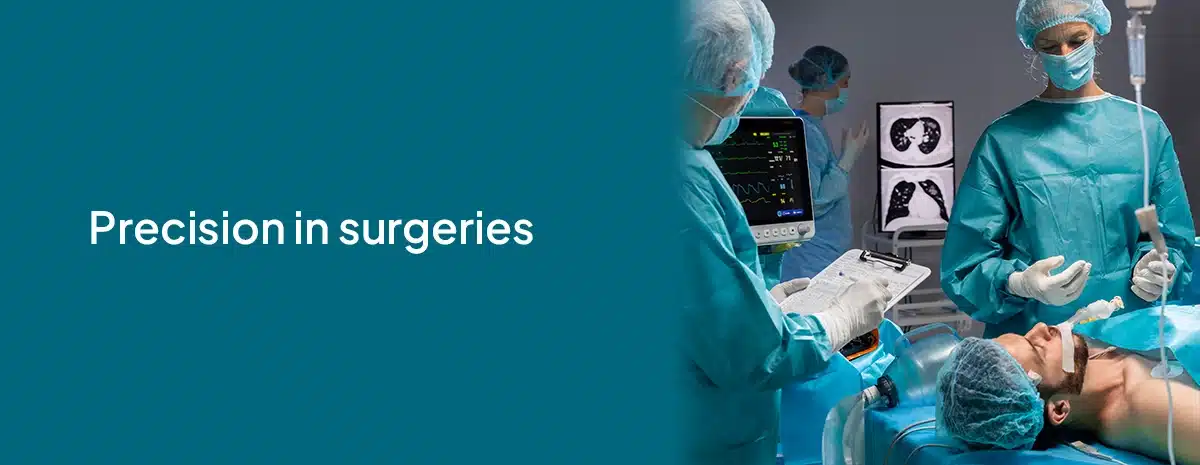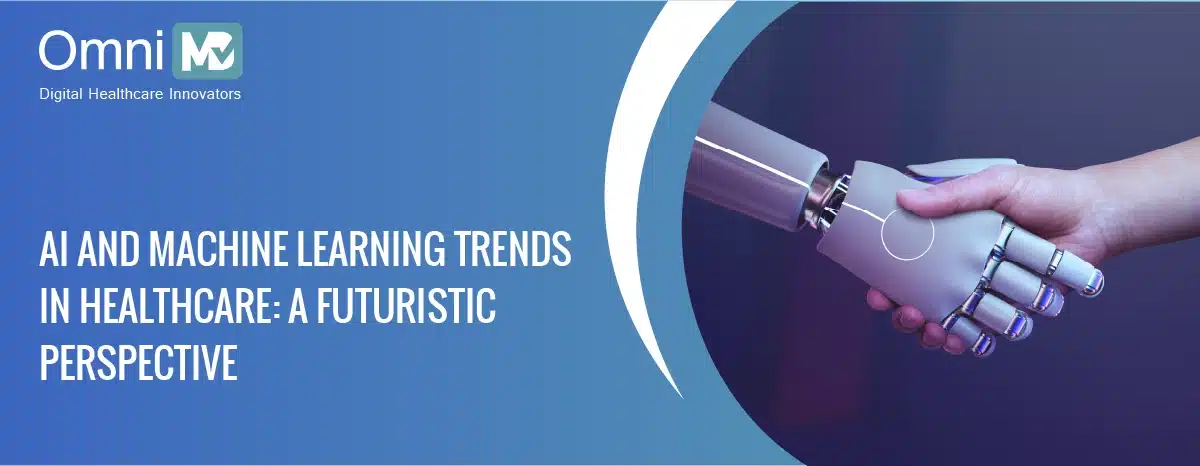
AI and Machine Learning trends in healthcare: A Futuristic Perspective
AI and Machine Learning trends in healthcare: A Futuristic Perspective
June 3, 2024AI and Machine Learning (MI) are emerging technologies. Although AI applications can be traced back to the 70s, they have been evolving since they were introduced. From cutting costs to boosting efficiency and productivity, Machine learning and AI solutions have imbibed the automation culture in the healthcare industry.
Many medical experts use these solutions in their regular practice. Whether to detect disease based on symptoms or customize therapy and medication, artificial intelligence services and solutions have been creating path-breaking changes in healthcare.
The AI and machine learning market for the healthcare industry is more than several billion dollars in size and will expand in the coming years. Let us understand the current and potential future of these technologies in the healthcare industry.
The role and impact of Machine Learning and AI in healthcare

The healthcare industry generates massive amount of data, such as patient demographics, medical test results, treatment plans, and insurance information. This data is analyzed to make strategic healthcare decisions. Trends indicate that data-driven decisions expand the reach of healthcare and improve services.
From diagnosing a condition to discovering medicines, suggesting preventive measures, medical imaging, and much more, machine learning and AI have played crucial roles in various healthcare segments.
Here’s more about how artificial intelligence services and solutions have been propelling the growth of the medical industry.
Discovery and production of precision medicines

Drug discovery is a continuous and critical process, as there are evolving health threats to deal with every day. Machine learning and AI are playing a crucial role in accelerating drug discovery and production.
Machine learning algorithms can utilize previously collected data on medicine components to design advanced drugs. It can help provide customized healthcare by predicting treatment protocols using past data. Hence, you can expect improved clinical outcomes and better patient satisfaction with ML intervention.
Medical diagnosis and treatment
ML and AI are used not just for diagnosis but also for recommending tailored treatments. Clinical decision support (CDS) tools can influence ML to improve medical providers’ decision-making processes to create the best healthcare services and solutions.
CDS comprises various tools. These include automated alerts and reminders to patients and healthcare providers, clinical guidelines, documentation prototypes, diagnostic support, etc. As these tools can analyze large volumes of data, they can identify possible problems and treatment recommendations, enabling preventive measures.
Modern imaging devices such as CT scans, MRIs, and other AI-enabled devices can provide better imaging, aiding the identification of several health problems. Moreover, it can identify genetic mutations and detect the possibility of developing inherited diseases.
Enhanced diagnostics, such as radiology, is one area where the application of machine learning and AI has become indispensable. These can help accurately identify tumors, foci, lesions, etc.
Disease prevention with research
AI and machine learning have been successful in disease prevention, monitoring, and prediction of possible outbreaks. Advanced algorithms can identify disease risk factors to facilitate healthcare intervention much before symptoms appear.
For instance, machine learning can predict which patients are at a greater risk of developing diabetes and accordingly provide customized recommendations to prevent the onset of the ailment. Moreover, these solutions can enable the detection of early signs of an epidemic and prevent it from turning into a pandemic
Machine learning and artificial intelligence applications are becoming increasingly common in oncology research. These offer tools to prevent and manage cancer.
Another area where MI is predominantly used in research is Genome Sequencing. It helps identify differences in genome variants and develop new medicines and therapies. It can also estimate whether a specific mutation is the reason for certain symptoms in a patient.
Precision in surgeries

Precision is inevitable in surgeries, but the process can be challenging for surgeons who must monitor every step they take while performing a surgery. Machine learning and AI have enabled the use of collaborative robots that can help surgeons increase efficiency and outcomes in this sensitive process.
Robots can function without fatigue, and their movements can be controlled precisely, making them suitable for time-consuming treatments involving repetitive actions.
Electronic health records
Electronic health records (EHR) are electronic versions of a patient’s medical records. These are updated regularly and include comprehensive clinical and administrative data critical to the patient’s treatment. AI and Machine Learning are widely used to manage and analyze this data for better insights into healthcare needs.
MI’s machine learning role in administrative processes will only increase in the future. This includes streamlining claims and clinical documentation, developing wellness support, and improving revenue cycle management.
Predicative analytics
Predictive analysis is a common healthcare application of AI and Machine Learning development services. These analyze massive datasets to track trends and make predictions, ensuring the process is accurate and efficient. It can make customized health interventions easier.
Concluding thoughts
Artificial Intelligence and Machine Learning will make the healthcare industry more efficient and cost-effective. From diagnosis, research, development, and surgeries to managing administrative tasks, cutting-edge AI and ML techniques will strengthen different facets of healthcare services.
These are expected to help medical professionals make informed decisions, maximize treatment plans, ensure tailored healthcare services, and improve patient outcomes.
While some fear that the widespread adoption of artificial intelligence might scar the human facet of medicine, it is the responsibility of medical service providers to maintain the right balance between both.





